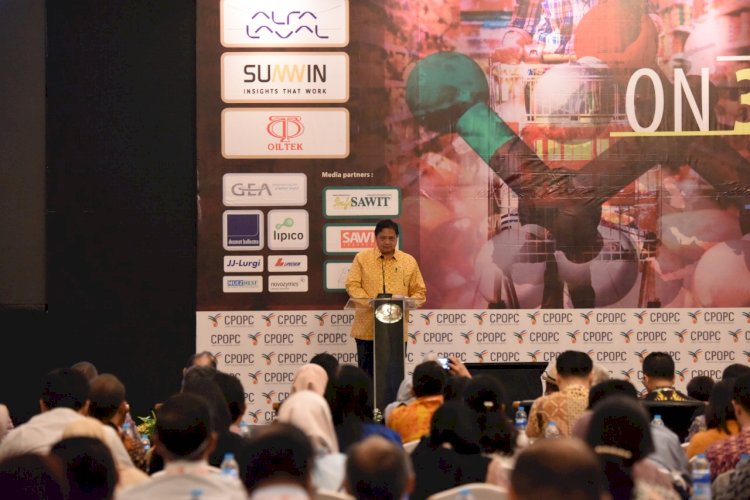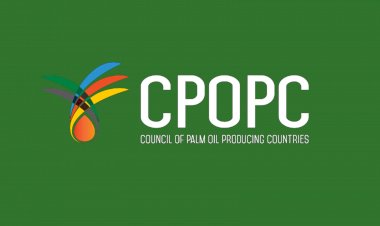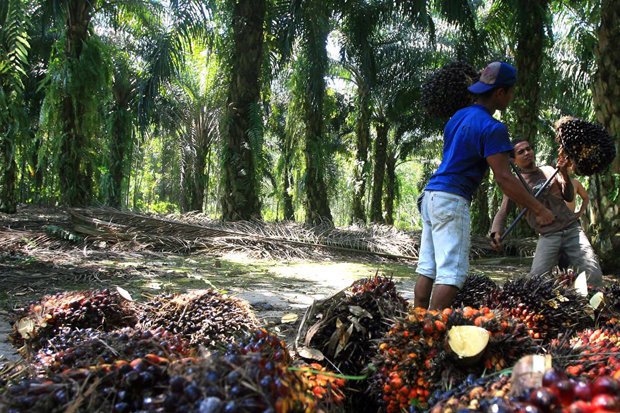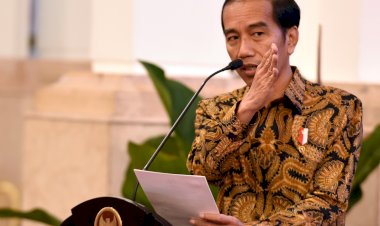Forum 3-MCPD & GE: Palm Oil Processed Food Safety Will be More Well-Maintained
Indonesia is working to met the food safety standards apart from having various strategies to mitigate the formation of 3-monochloropropan-1.2-diol (3-MCPD).

JAKARTA—Food safety factor is increasingly gaining consumer attention. People are now more aware of the safety and health of the food they consume. Therefore, the palm oil industry which plays an important role in the consumption of food products such as biscuits, chocolate, ice cream, and bread needs to meet food safety standards.
As a producer of palm oil, Indonesia will have a considerable advantage considering that almost 80% of the production is used in foodstuffs factories. The Government is also working to met the food safety standards apart from having various strategies to mitigate the formation of 3-monochloropropan-1.2-diol (3-MCPD), a type of food processing contaminants that found in several processed foods and vegetable oils.
“sharing of information with palm oil industry on the need to mitigate the formation of 3-MCPD for food safety is deemed necessary and must consider it to be a priority,” Coordinating Economic Minister Airlangga Hartarto said in a speech to open a one-day Forum on 3-monochloropropan-1,2-diol and Glycidyl Ester (3-MCPD dan GE) organized by the Council of Palm Oil Producing Countries (CPOPC), in Jakarta, Friday (7/2/2020).
The reduction of 3-MCPD esters and glycidyl fatty acid esters or GEs is a high priority for the oil and fats industry. The European Union (EU) had enacted a regulation of 1 ppm for GEs. Now, the EU is proposing a regulation on the level of 2.5 ppm for 3-MCPD as a safe limit for palm oil.
CPOPC has questioned implementation of maximum 3-MCPD by the EU. Hartarto said the limit the EU considers a safe level of 3-MCPD in palm oil will be much lower than the limit imposed on other vegetable oils. CPOPC wants palm oil to have the same safety limit of 3-MCPD as other oils. CPOPC is of the view that one maximum level at 2,500 µg/kg or 2.5 ppm for all vegetable oils should be adopted, as the acceptable safety limit for consumption.
“Consumers are confused and forced to believed that palm oil is worse than other vegetable oils which are in fact have lower 3-MCPD level,” Airlangga added.
Forum 3-MCPD dan GE was the first international forum to share information and lesson-learned on works currently being undertaken to mitigate the formation of 3-MCPD and GE throughout the supply chain industries. More than 450 participants attended the forum. They are businees leaders from palm oil downstream to upstream industry, academia, technology providers, and government officials as well as some ambassadors from palm oil producing countries, including from Malaysia, Colombia, Guatemala, Thailand, Peru, and Nigeria. ***



































